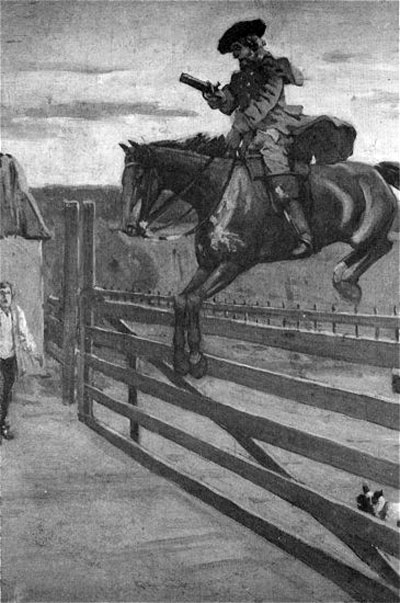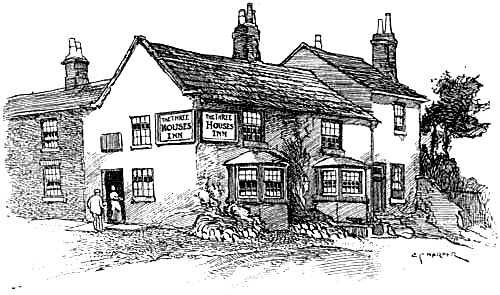John Nevison (died 4 May 1684) was one of Britain’s most notorious highwaymen. A gentleman rogue, (sometimes known as William Nevison or Nevinson), he was supposedly nicknamed Swift Nick by King Charles II after a renowned 200-mile (322 km) dash from Kent to York established an alibi for a robbery he had committed earlier that day. The story inspired William Harrison Ainsworth
English historical novelist, at one time considered a rival to Charles Dickens. to include a modified version in his novel Rookwood, in which he attributed the feat to Dick Turpin
English highwayman whose exploits were romanticised following his execution in York for horse theft. In the popular imagination he is best remembered for a fictional 200-mile ride from London to York on his horse Black Bess..
History
Little is known about Nevison’s early life, but he was probably born in the parish of Wortley in present-day South Yorkshire, and may have been baptised in 1648.[1] He ran away from home at the age of 13 or 14, and may have ended up in London. Fleeing to Holland to evade the authorities, he enrolled in the Duke of York’s army and took part in the 1658 Battle of Dunkirk. After his discharge he returned to England and took care of his father for several years before adopting the same profession as many of his contemporary ex-soldiers, that of a highwayman. Basing himself around Newark-on-Trent, he targeted travellers on the Great North Road between Huntingdon to the south and York to the north.[2]
In the mid-1670s Nevison’s activities were under investigation and he was associated with men named Edmund Bracy, Thomas Wilbore, Thomas Tankerd, John Bromett, and William (or Robert) Everson and John Brace or Bracy, which may have been his alias. The robbers used safe houses at Tuxford and Wentbridge near Pontefract and divided their spoils at the Talbot Inn at Newark.[1] Nevison developed a reputation as a gentleman highwayman, never using violence against his victims, always polite, and only robbing the rich.[2]
Nevison’s famous ride from Kent to York took place in 1676, after he had robbed a traveller at Gad’s Hill, near Rochester in Kent. Nevison escaped, using a ferry to cross the Thames and galloped via Chelmsford, Cambridge and Huntingdon to York some 200 miles (320 km) from the scene of the crime. He arrived at sunset and ensured he met the city’s Lord Mayor, entering into a wager on a bowls match. When he was arrested and tried for the Gad’s Hill robbery, he produced the Lord Mayor of York to support his alibi and was found not guilty.[3]
Nevison was tried and convicted for the theft of a horse and highway robbery at York assizes in 1677. On offering to inform against his accomplices he was pardoned and imprisoned in York Castle to await transportation. In 1681 he was taken from gaol to be enlisted in a company of soldiers bound for Tangier but escaped. A reward of £20 was offered for his recapture.[1][4] He was not captured until 6 March 1684, when he was arrested at the Three Houses Inn in Sandal Magna, near Wakefield. He was tried for the murder of Darcy Fletcher, a constable who had earlier tried to arrest him near Howley HallRuined Elizabethan country house in Morley, West Yorkshire, designated a scheduled monument in 1997. near Soothill in Batley.[1][5] Nevison was taken to York where, because he had breached his pardon, was told “he must dye, for he was a terrour to the country”. Nevison was hanged at the Knavesmire on 4 May 1684 and is buried in an unmarked grave in St Mary’s Church, Castlegate.[1][6]


